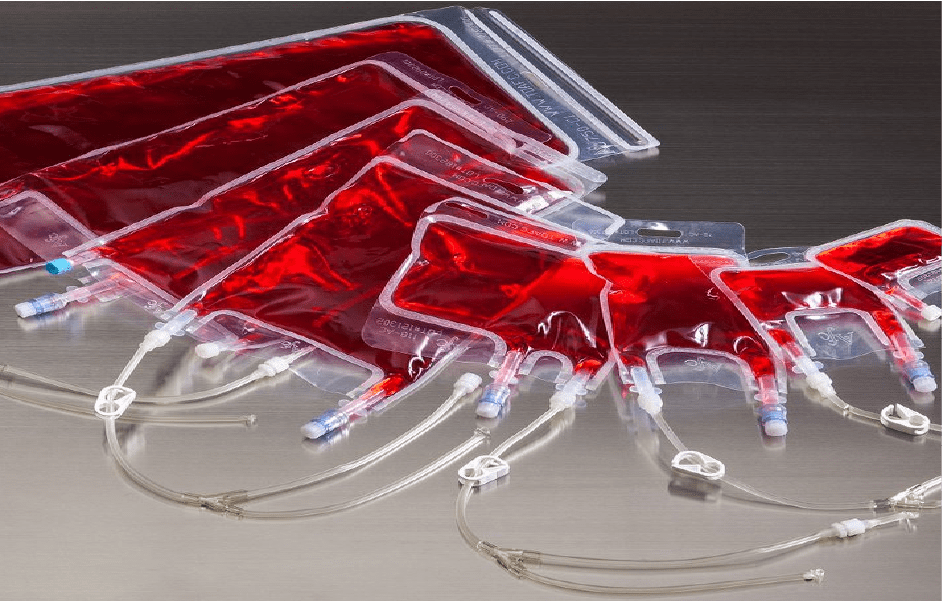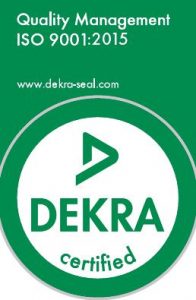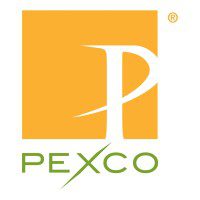Before starting to manufacture a product, it’s important to decide on a mold for the injection molding process. This will directly influence the quality of your parts, and thus your final product. However, injection molds can quickly become rather expensive, with more complex, multi-cavity molds running as high as $70,000 or more. This drives up capital costs and can affect your bottom line if left unchecked.
At Performance Plastics, we know how important it is to maintain a seamless and efficient manufacturing process, both for design engineers and  fiscal-minded partners. That’s why our team of process experts has determined the three key elements that drive the cost of injection molds:
fiscal-minded partners. That’s why our team of process experts has determined the three key elements that drive the cost of injection molds:
- Molded part complexity and tolerances
- Mold material
- Where it’s made
Part Complexity and Tolerances
It’s simple – the more complex a part is and the more intricate geometry it has, the more it will cost. Complicated parts require equally complicated molds, not only from an overall layout and design perspective, but also from the surface finish of the final product and the number of required undercuts. The number of cavities you want your mold to have will also come into play here. A greater number of cavities is usually more efficient and cost effective but will drive up the price of each individual mold.
Closely related to the complexity and geometry of a mold, the acceptable tolerances of a part will directly influence how precise a mold needs to be, and thus its cost. For example, pharmaceutical-grade components will naturally require stricter tolerances than something like a pocket comb or a commercial storage container, with tolerances less than .001” in “mission critical” applications.
Mold Material
When it comes to mold selection, materials matter. Generally, aluminum or steel are the go-to materials for injection molds. Aluminum molds are going to be cheaper and easier to get, but steel molds last longer and produce parts of a higher quality. Performance Plastics, has IP in mold metallurgy for mold challenging resins such as FEP and PFA. If you’re making a simple part and don’t need the mold to last you several years, then you can probably get away with an aluminum mold. Even though, steel molds have a higher upfront capital cost, their longer production life can save you time and money in the long run.
What your part is going to be made out of will also influence the material selection for your mold. Certain materials like fiberglass can cause significant wear on a mold when injected under high pressures, making a more durable material like hardened steel a better option. If you’re working with fluoropolymers like PFA and FEP, you’ll need a mold that can handle their shear sensitivity, high melt temperatures, and fluorine outgassing. Performance Plastics offers a hot runner system and mold designed to minimize the shear forces inherent in the injection molding process, as well as proprietary metallurgy that’s highly resistant to fluorine gas corrosion.
Where It’s Made
Where a mold is made will impact its cost, both from a physical location standpoint and who the specific manufacturer is. Price deviations from one manufacturer to the next vary greatly, so you need to make sure that you read the fine print and know exactly the quality of mold that you’re getting. Molds can also be cheaper overseas, especially in China. However, molds built in Asia may add 25% to overall lead time. Performance Plastics has multiple approved mold builder sources globally as well as in-house capability. Remember, it’s the total cost of ownership of a mold that matters, not just the initial capital.
To learn more about how Performance Plastics can help you find the right mold, contact Rich Reed, our Vice President of Sales and Marketing, at (513) 321-8404 or [email protected].



 Performance Plastics is working hard to make products to fight against COVID-19. Production efforts from our stakeholders is vital to help our customers supply essential products to hospitals. The products supplied to the hospitals are critical medical devices such as oxygen concentrators, inhalation devices and IV system components.
Performance Plastics is working hard to make products to fight against COVID-19. Production efforts from our stakeholders is vital to help our customers supply essential products to hospitals. The products supplied to the hospitals are critical medical devices such as oxygen concentrators, inhalation devices and IV system components. plastics like polyetheretherketone, PEEK. The mechanical properties and flexural modulus of PEEK are among the highest of all plastic resins. PEEK’s properties provide resistance to abrasive and fatigue wear, even at elevated temperatures. The high-performance plastic is also not attacked by water or pressurized steam, making PEEK a reputable choice for use in medical devices.
plastics like polyetheretherketone, PEEK. The mechanical properties and flexural modulus of PEEK are among the highest of all plastic resins. PEEK’s properties provide resistance to abrasive and fatigue wear, even at elevated temperatures. The high-performance plastic is also not attacked by water or pressurized steam, making PEEK a reputable choice for use in medical devices.
 inert properties, high continuous use temperatures, organic compound compatibility, dielectric properties and resistance to atmospheric degradation. FEP and PFA are ideal for use in injection molded biomedical devices and thin-walled, complex parts such as vials, cuvettes, and test tubes used in our fight against the coronavirus.
inert properties, high continuous use temperatures, organic compound compatibility, dielectric properties and resistance to atmospheric degradation. FEP and PFA are ideal for use in injection molded biomedical devices and thin-walled, complex parts such as vials, cuvettes, and test tubes used in our fight against the coronavirus.





